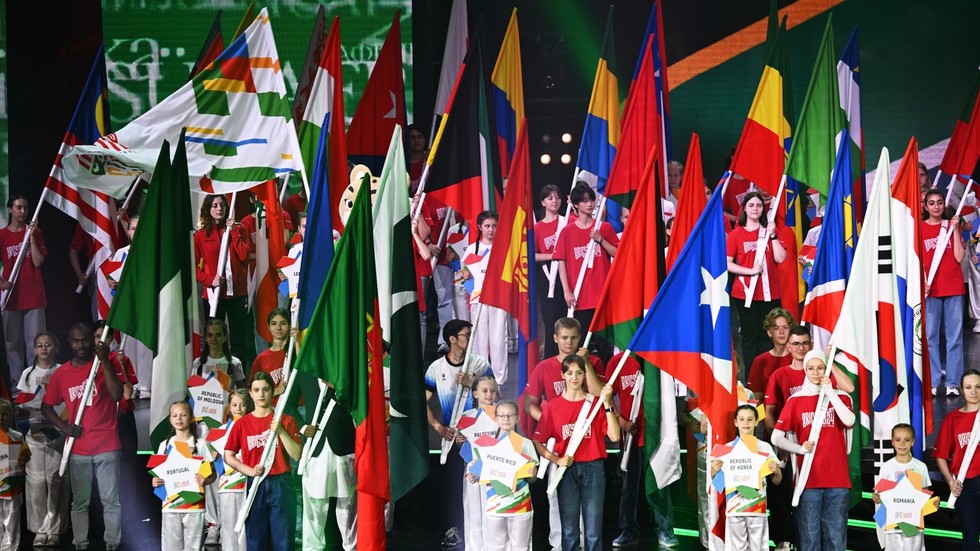ISLAMABAD: Afghan Taliban has intensified its efforts to open different channels of communication with the regional and neighbouring countries in the wake of its relations with Pakistan constantly declining and growing more hostile post
US withdrawal from Afghanistan
.
In addition to participation in
World Economic Forum
in St Petersburg, Russia, the Taliban leaders had reached out to Iran, China, Russia and the UAE.
Nations in West Asia and elsewhere have also reached out to them.
Recently, Abu Dhabi ruler Sheikh Mohammed bin Zayed Al Nahyan had a meeting in Kabul with Taliban home minister Sirajuddin Haqqani, who also heads the Haqqani network, a powerful faction within the governing group.
Kabul had approached New Delhi, through its deputy foreign minister Sher Muhammad Abbas Stanikzai, soon after the formation of the interim govt in Afghanistan in 2021. The correspondence between the two sides had opened a window for communication, which culminated into formal contacts.
On the contrary, the ties between Islamabad and Kabul are growing more hostile every day. Kabul’s refusal to curb the alleged activities of Tehreek-e-Taliban Pakistan (TTP) militants on its soil has seriously dented relations between the two countries. Travel restrictions on Afghan nationals and the expulsion of Afghan refugees from Pakistan further worsened the ties.
Experts suggest that Kabul’s diplomatic efforts will not yield any results until they focus on solving problems such as human rights, women's education and employment.
Sweden-based Afghan analyst Nur Rehman Sherzad said that since coming to power in August 2021, the Taliban govt has not formulated any foreign policy.
According to him, a govt that is not officially recognised by any country does not have diplomatic and legal status in its relations with the international community and neighbouring countries.
“The representatives of the Taliban govt are now gradually realising that the policies of the last three years are not bringing any significant results,” Sherzad said, adding that officials of the international community and other countries in the region visit Afghanistan also to inform Kabul about their security concerns.
Describing the acceleration in the Taliban's diplomatic efforts, Arif Yusufzai, an expert on Afghan affairs, told TOI that these types of contacts help build mutual intelligence ties. According to him, the Taliban are making many claims on their own, but they are not doing what the international community is asking them to do. “They are not changing their behaviour at all,” he added.
Afghan journalist Abdul Haq Omari believes that Taliban currently face two challenges for the survival of their power. One is to establish formal relations with foreign countries and the other is to maintain their religious narrative internally under which they had fought for two decades.
“The survival of the religious narrative is important for the Taliban because if they withdraw suddenly, Taliban's rival groups in Afghanistan, Islamic State or Daesh Khorasan, may strengthen the anti-Taliban narrative,” he added.

 6 months ago
26
6 months ago
26









